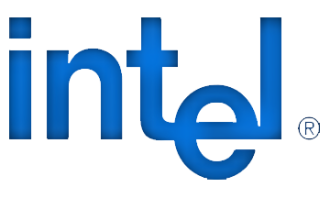 Former senior suit at the maker of expensive printer ink, Ray Lane, has admitted to a sex discrimination trial that he made a mistake in judgment involving the harassment of a female venture capitalist .
Former senior suit at the maker of expensive printer ink, Ray Lane, has admitted to a sex discrimination trial that he made a mistake in judgment involving the harassment of a female venture capitalist .
Lane, who previously served as executive chairman of HP and president of Oracle told the court, in the case connected to his former employer, Kleiner Perkins Caufield & Byers, he stuffed up completely.
He should have informed others that Trae Vassallo told him about unwanted advances by her colleague, Ajit Nazre, during a 2011 business trip.
“I made a mistake. It was my mistake. I cared more about her feelings than anything else. I thought it should be her choice whether to tell others at the firm and start an investigation, he said.
Eventually, he would have taken action, but at the time, he suggested to Vassallo that she think it over and discuss it with her husband, in part because he “feared somewhat for her safety”.
The firm did start an investigation after Vassallo told more partners.
Vassallo had complained that Nazre tried to enter her hotel room at night, wearing a bathrobe and, Lane said, holding a glass of wine.
Lane told the court he worried Nazre “could have pushed his way in” and the situation “could have gone in a different direction”.
In the suit, Pao alleges she suffered discrimination and retaliation after Nazre pressured her into an affair in 2006 that she soon ended. The discriminatory conduct eventually spread to other partners, leading her to miss out on a key promotion, she alleges.
After Pao told Lane about the affair in 2007, Lane told her to consider marriage to Nazre, she said in her suit. Lane denied telling Pao to marry Nazre.
Lane said Nazre’s bonus was cut that year as punishment for the affair.
Vassallo, who testified in the case last week, said Lane had told her to be “flattered” by Nazre’s advances.
Lane denied saying that, but an independent investigator hired to look into Nazre’s actions testified that Vassallo had told him Lane did say that, but she believed he was joking.


















